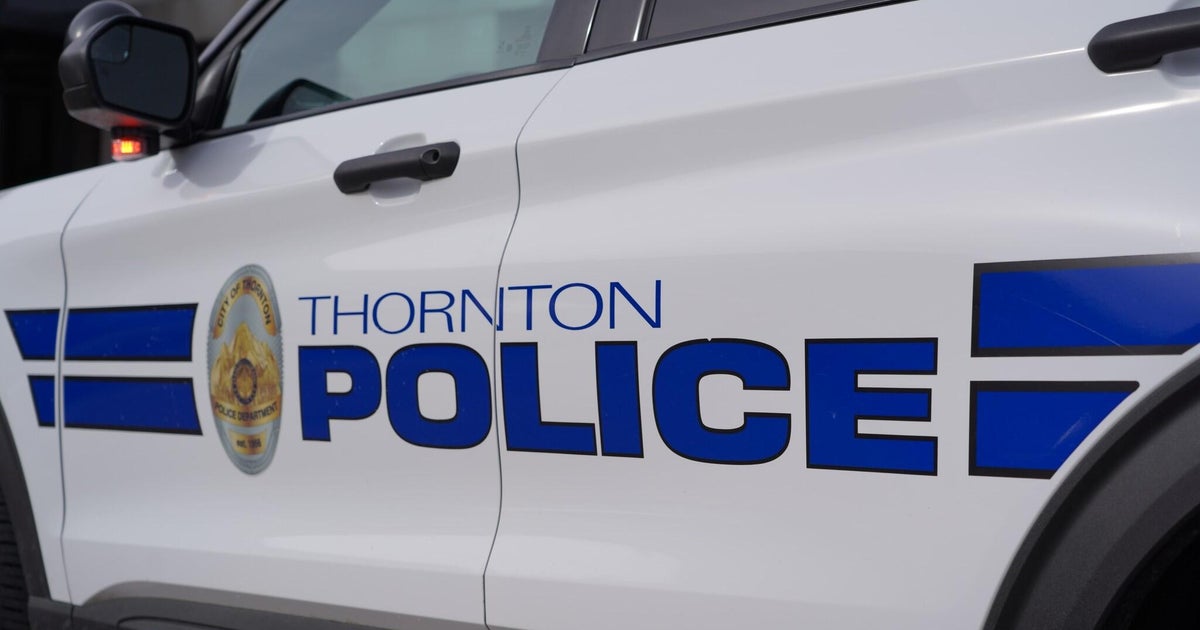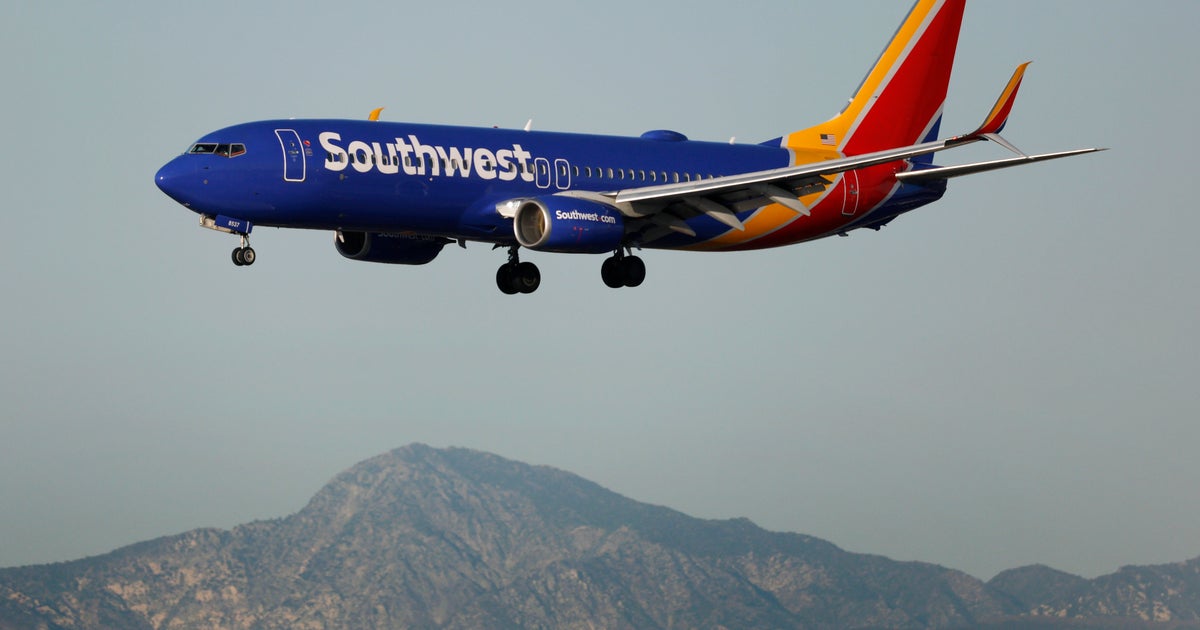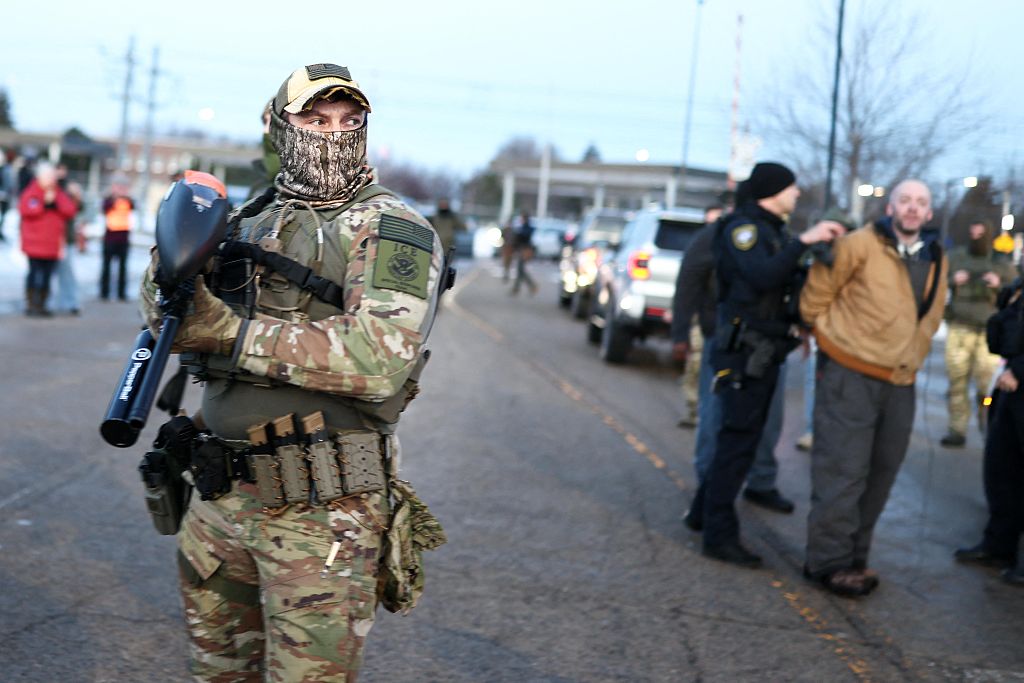Can United Airlines rebuild its reputation?
There’s a well-known three-pronged strategy for a company that makes the whopper-sized mistake that United Airlines (UAL) did: First, own up to it. Second, apologize profusely and express remorse that actually sounds sincere. Third, promise to fix it and enumerate the steps necessary to do so.
Instead, United CEO Oscar Munoz planted his foot firmly in the cow dung. Even after the video of the bloody-faced victim being dragged down the aisle went viral, Munoz tried to justify the incident by saying Dr. David Dao had been “disruptive and belligerent.”
Any public relations professional or pollster will tell you that castigating the victim only leads to a publicity nightmare. But Munoz did just that and followed it up by pointing out that United had the right to eject him -- or anyone else -- and justifying the brutal treatment Dao received.
The result? On Tuesday, investors -- who are the best pollsters of all -- ejected $250 million from United’s market value. For a CEO who fought so hard to raise the stock price over the last 18 months since taking the hot seat, it was a bitter blow.
But by Wednesday, Munoz was singing a different tune, apologizing profusely to the Louisville, Kentucky doctor and admitting Dr. Dao had done nothing wrong. Munoz promised that United would change its procedures and never put law enforcement on a plane to roughhouse and eject a seated passenger again.
Clearly, he was no longer “tone deaf,” said Maurice Schweitzer, a professor who lectures on executive decisions at the Wharton School of Business. Someone, perhaps a board member or two, had obviously given Munoz a hearing aid.
But was it soon enough? Or is the corporate culture so bad that even the conservative Wall Street Journal suggested in an opinion piece headline that passengers should “Make America Great, Boycott United”?
The list of major companies that have made bad business decisions or gotten in trouble for cutting corners is getting ever longer and higher-profile, and includes car companies such as Toyota (TM) and Volkswagen (VLKAY) and banks like Wells Fargo (WFC).
Two factors are specific to United’s predicament. First, it involves customer service at its most up-close and personal with people who are wedged into too-small seats for hours at a time with only a bag of pretzels. And United is “particularly good at bad service,” said Jonah Berger, a marketing professor at Wharton.
“People remember when United broke a customer’s guitar awhile back and wouldn’t pay to have it fixed. That customer wrote a song about it and put it on YouTube,” said Berger.
Which brings us to the second point. People no longer pay attention to TV ads like “Fly the Friendly Skies,” said Berger. In fact, those ads are mocked by comedians such as Jimmy Kimmel, whose spoof showed a stewardess with brass knuckles. “Everything now goes viral,” said Berger. “That’s what people pay attention to.”
And what people saw is what could happen to them whenever they board a plane.
But attention spans are short, and “people want to forgive,” said Schweitzer, if you give them a chance. For proof, recall that often politicians and movie stars fall off the rails, then issue a tearful apology full of details about their personal lives.
In fact, customers often act like fans at a football game: They want to root for a company as they do for a team. “A lot of buying decisions are based on how a customer thinks a company treats them,” said CEO Lindsay Willot of Customer Thermometer, a survey service designed to obtain customer feedback to brands.
Her survey showed that nearly two-thirds of participants felt that being “emotionally connected to a brand” made them feel like the company cared about people like them. President Donald Trump has drawn “terrible publicity” for bad business decisions and insensitive remarks, she noted, but it obviously hasn’t affected his success or cost him loyalty among his followers.
So any corporate redemption has to go well beyond apologies and promises. United has to make sure that the Dao incident doesn’t become a long-running soap opera with multiple actors, because, most assuredly, everyone will have their cell phones out when they reach the airport -- and tensions can run high at the boarding gate.
“Identify areas where negative perceptions are coming from and fix them,” suggested Willot. One way, of course, is to actually listen to customer complaints. Then, “address feedback sparks before they become flames.”
So United has its work cut out for it. The Chinese internet has made Dao an international issue. Legislators, including the Chicago City Council and U.S. Congress, are demanding an investigation, and Dao himself hired a lawyer and a publicist. Other airlines are claiming this would never happen to them.
Nothing can hold back the surging tide of bad publicity, but perhaps United should take a page out of Wells Fargo’s playbook and start at the bottom. An internal report about the bank’s history of slamming minorities into products they never asked for has just come out, giving the largest U.S. bank yet another black eye.
But customers at Wells Fargo offices are now routinely greeted by one or even two smiling employees who shake their hands, wish them well and thank them for banking with Wells Fargo.



